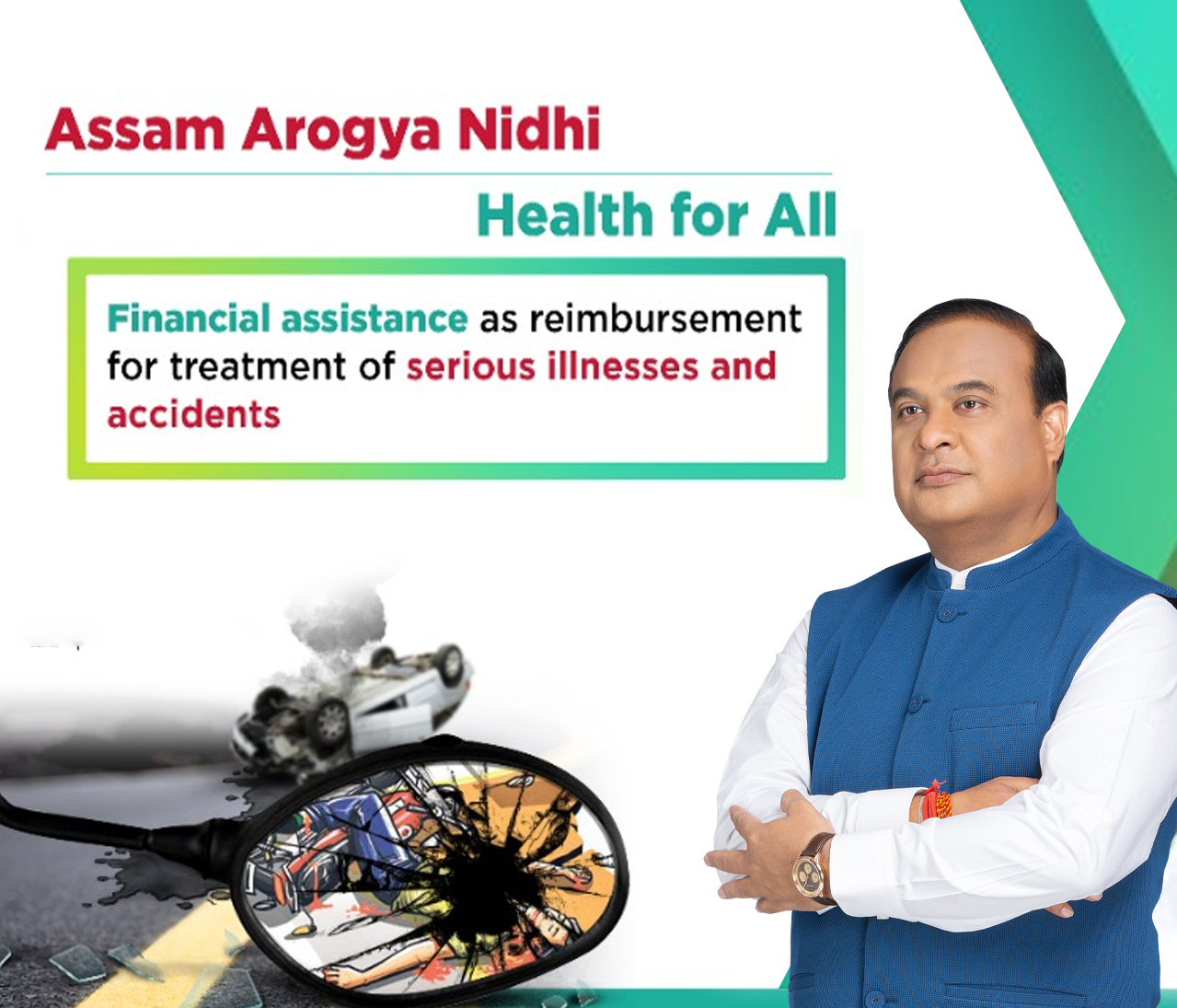SPD's Unexpected Shift: Analysis Of Their Role In The New German Government

Table of Contents
Coalition Dynamics and the SPD's Negotiating Power
The traffic light coalition, a three-way partnership between the SPD, the Greens, and the FDP (Free Democratic Party), represents a complex interplay of political ideologies. The SPD, as the largest party in the coalition, holds the chancellorship, granting them significant leverage. However, their path to power wasn't without its challenges. Negotiating with two ideologically distinct parties required strategic compromises.
The SPD’s strengths in negotiation stemmed from their leading role in the government. Their expertise in social policy and economic management proved crucial in shaping several key aspects of the coalition agreement. However, their weaknesses lay in the necessity to concede on certain points to secure the agreement with the FDP, whose liberal economic policies often contrast with the SPD's more social democratic approach.
- Successful compromises: The SPD successfully negotiated for increased investment in social programs, including childcare and elder care, while also securing commitments to climate-friendly policies.
- Areas of compromise: The SPD had to moderate their stance on certain economic policies to appease the FDP's emphasis on fiscal responsibility and deregulation.
- Negotiating tactics: The SPD employed a strategy of incremental negotiation, focusing on achieving key objectives while conceding on less critical issues.
Policy Shifts and Ideological Compromises
The SPD's participation in the traffic light coalition has resulted in notable policy shifts. While some see these changes as a necessary compromise to govern effectively, others view them as a departure from the party's traditional platform. This raises questions about the future trajectory of the SPD and its appeal to core voters.
- Specific examples of policy changes: The SPD has adopted more moderate stances on issues like fiscal policy and energy transition compared to their previous positions. This includes embracing certain market-oriented approaches while pursuing ambitious environmental targets.
- Reasons behind these shifts: These policy shifts are largely due to the necessity of forming a stable coalition, accommodating the diverse ideologies within the coalition, and responding to evolving public opinion.
- Potential consequences: These shifts could alienate some of the SPD's traditional voters, potentially affecting their electoral prospects in future elections. Internal party discussions surrounding these compromises are ongoing.
Internal Party Dynamics and the Future of the SPD
The SPD's new government role has inevitably led to internal party struggles. Balancing the demands of coalition governance with the needs of its diverse membership presents a significant challenge. The interplay of different factions within the SPD, such as those prioritizing social justice versus economic growth, influences policy decisions and affects the party's public image.
- Key figures and their influence: The leadership of Olaf Scholz has played a significant role in navigating the party through these challenges, but internal tensions remain.
- Challenges in maintaining party unity: The compromises made in the coalition agreement have sparked debates within the SPD, raising questions about the party's long-term ideological direction.
- Predictions for the SPD's future: The SPD's success in the next election will depend on how effectively it can manage internal divisions while delivering on its coalition promises. The consequences of these compromises on voter support will only become fully clear in the coming years.
The Evolving Role of the SPD in German Politics
In conclusion, the SPD's role in the new German government represents a significant shift, characterized by unexpected compromises and policy adjustments. Their ability to navigate the complexities of coalition politics and reconcile internal divisions will determine their future success. Understanding the SPD's influence within the traffic light coalition is crucial to comprehending the direction of German politics in the coming years. Their evolving position, marked by a blend of pragmatism and ideological compromise, sets the stage for fascinating political developments.
What are your thoughts on the SPD's evolving role? Share your analysis of the SPD's unexpected shift in the comments below! To delve deeper into the complexities of the SPD's role in the new government, explore [link to relevant resource, e.g., a news article or academic paper].

Featured Posts
-
 Could Ryan Coogler Revive The X Files Anderson And Carter Weigh In
May 01, 2025
Could Ryan Coogler Revive The X Files Anderson And Carter Weigh In
May 01, 2025 -
 App De Ia Da Meta Conheca O Rival Do Chat Gpt
May 01, 2025
App De Ia Da Meta Conheca O Rival Do Chat Gpt
May 01, 2025 -
 Difficult Economy Threatens Popular Indigenous Arts Festival
May 01, 2025
Difficult Economy Threatens Popular Indigenous Arts Festival
May 01, 2025 -
 Bowen Yang On J D Vances Snl Future
May 01, 2025
Bowen Yang On J D Vances Snl Future
May 01, 2025 -
 Assam Chief Minister Announces Action Against Aadhaar Cardholders Excluded From Nrc
May 01, 2025
Assam Chief Minister Announces Action Against Aadhaar Cardholders Excluded From Nrc
May 01, 2025
